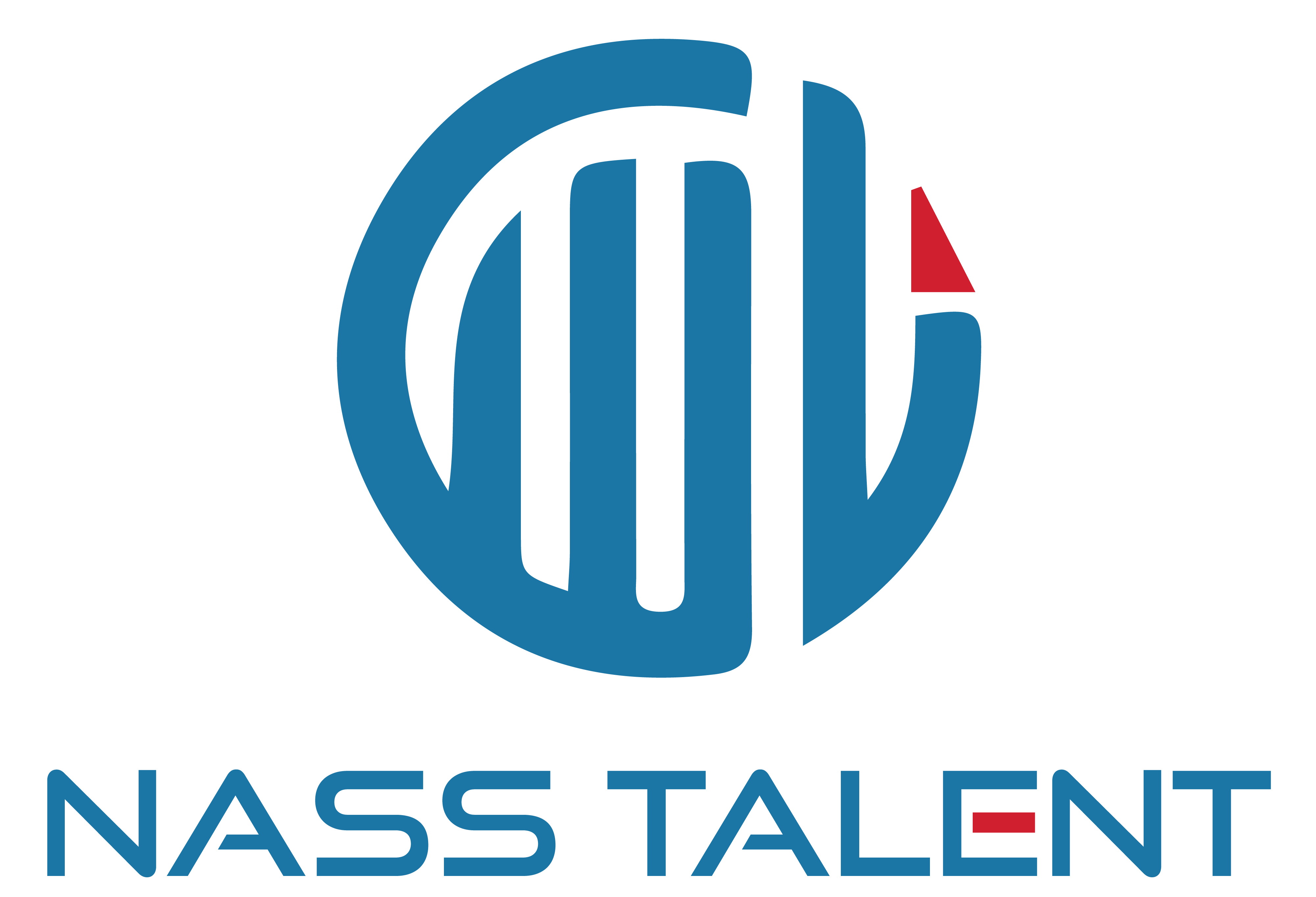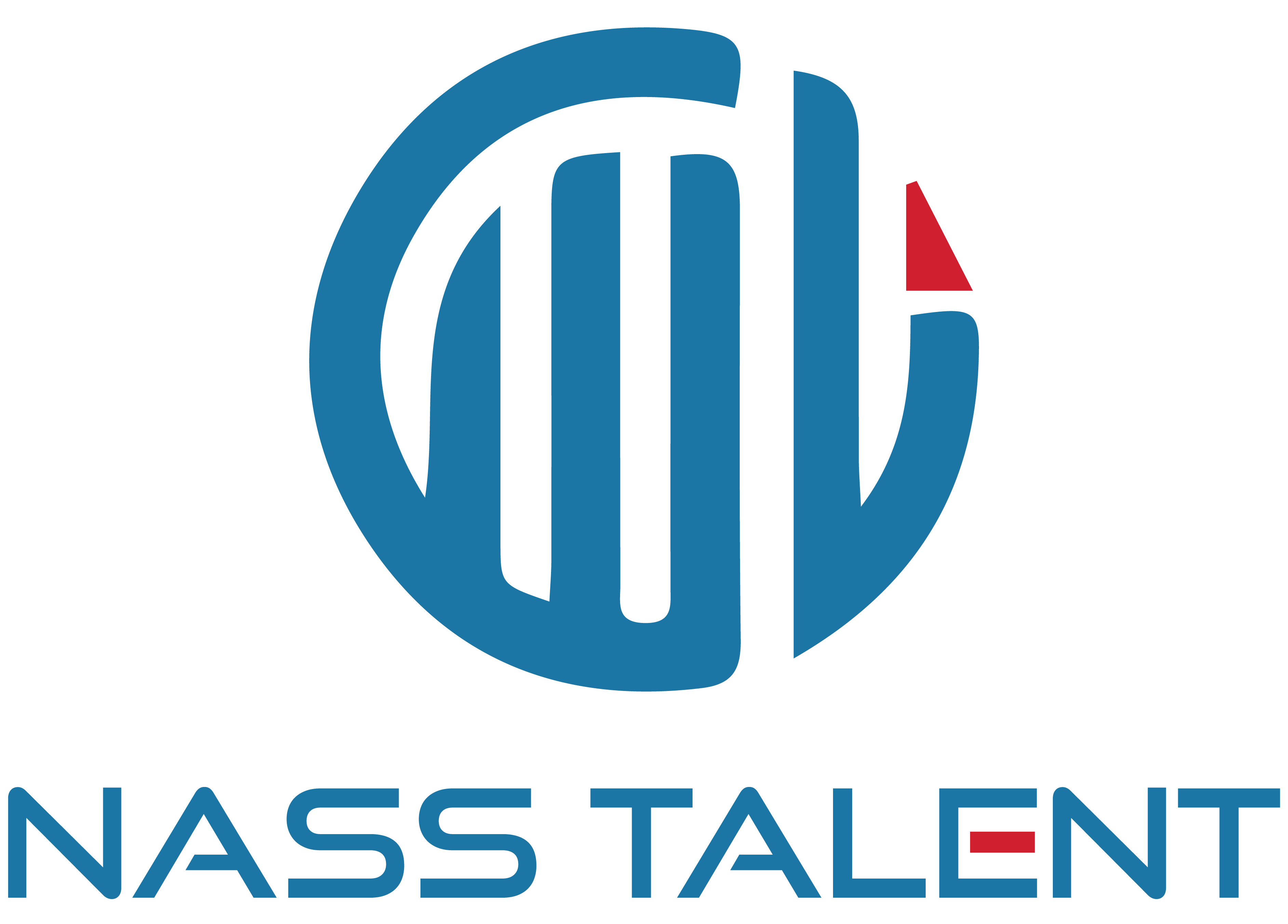NT workplace survey


What is a workplace
survey?
Workplace surveys are questionnaires or assessments given to employees by employers to gather data and feedback on various aspects of the work environment, such as job satisfaction, management effectiveness, workplace culture, communication, and work-life balance.
Workplace surveys are the primary tool which if used effectively and efficiently paves way for organisation’s improvement and growth apart from employee satisfaction and engagement.
Workplace surveys are important because they help employers to identify areas that need improvement and implement strategies to address them. By soliciting information directly from employees, these surveys can help build trust between employees and management by showing a commitment to listening to their opinions (anonymous) and making changes based on their feedback.
Workplace surveys are the best diagnostic tool for implementing organisational development initiatives. It acts as a check point for detecting anomalies, ambiguities, misconception and all other psychological reasons that come in the way of maintaining harmonious relations and positive culture in the organisation.
Research world in this field has enormous evidence that workplace surveys have helped organisations grow and sustain in a competitive environment compared to their peers who did not.
- Improved employee engagement resulting in higher productivity, greater revenue growth and lower employee turnover (Qualtrics, 2023 report on employee engagement survey, US)
- It provides anonymity. Surveys conducted by third party is more effective and can elicit true outcomes than in-house surveys.
- Employee surveys are crucial for organizations as they provide valuable insights into the overall employee experience, satisfaction, engagement, and organizational culture.
- Improves retention rates, involvement and sense of belongingness, due to confidence built upon through surveys that “My voice is heard for the common benefit”
- Helps organisations to draw data-driven insights from surveys enabling informed decisions related to policies, processes, and organizational changes
Yes. Surveys can be done in-house. Initially it will appear as cost-effective, but will not get you to the purpose for which it was intended. Studies have shown employees are:
- Less likely to respond honestly if they know their employer is collecting the data themselves
- Fearful their responses can (or will) be accessed by HR or IT
- More likely to self-censor responses because of confidentiality and use of data concerns
- Inclined not to participate – resulting in low response rates.
Low response rates are doubly not good. This can lead to greatly reduced confidence in results, across the organization, and in turn, the inability to build action plans based on feedback validity.
Third party surveys are always preferred by organisations and this is where Nass Talent plays a major role due to the below mentioned reasons:
- Anonymity, meaning people will trust that their response will not be tampered and kept as record for sanctions.
- An extra layer of secrecy like link if common platform is managed, which addresses confidentiality and validity concerns
- Our efforts in increasing the response rates for ensuring fair representation of population.
- Surveys are scientifically designed, structured and tested to measure and compare quantitative and qualitative results with utmost precision
- Our survey instruments are usually sector-specific to the organization; outcomes are benchmarked against industry data to provide broader insights
- Apart from being sector specific, we also ensure cultural fit in developing questionnaire by understanding the organisation’s cultural pattern and practices and aligning with the goals of the survey.
- Flexibility to deploy surveys in different languages and in different formats (smartphones, tablets, PCs and paper) as per the demographic nature of the workforce.
- Nass Talent being professional in this field, organisations need not worry about the process and can free up time for staff (that might otherwise be tasked to create, deploy and tabulate the survey themselves) to focus on other, more pressing business matters.
- Nass Talent, not only values client’s loyalty, but also ensures process confidentiality and respondent’s trust.
- Our infographic reports are meaningful, informative, unbiased, transparent and without any riders leaving our client’s to decide action plans.
Types of Workplace Surveys
Nass Talent comes with following types of in-house developed workplace surveys:
NT – eNPS
Nass Talent Employee Net Promotor Score
NT – eSAT
Nass Talent Employee Satisfaction Survey
NT – eENGAGE
Nass Talent Employee Engagement Survey
NT – eEX
Nass Talent Employee Experience Survey
The Employee Net Promoter Score (eNPS) is a metric used to measure employee satisfaction and loyalty towards their employer. It is calculated by asking employees about their liking towards organisations by using few research proven questions.
This short measurement tool is a handy gauge to understand the workforce current mood or morale and motivation levels. Appropriate corrections in the system through this survey will enable:
- Competitive advantage for business.
- Fosters culture of feedback – response chain
- Helps organisation to diagnose negative symptoms early.
- Enables organisation to timely track changes and maintains equilibrium
- Identify areas for improvement
NT – eNPS is the starting point for your journey of organisational development – Let’s walk along..
NT – eSAT – Nass Talent Employee Satisfaction Survey
Employee satisfaction refers to the level of contentment and fulfilment that employees experience in their roles within an organization. It is an important aspect of measuring the overall well-being and engagement of employees.
- Compensation and Benefits
- Work-Life Balance
- Recognition and Appreciation
- Career Development and Growth Opportunities
- Effective Leadership and Communication
- Work Environment and Culture
- Workload and Resources
- Health and Wellness
Regularly measuring employee satisfaction through surveys, feedback sessions, and performance evaluations can help organizations identify areas for improvement and take action to enhance employee satisfaction. By prioritizing employee satisfaction, organizations can create a positive work environment, improve retention rates, and attract top talent.
A quarterly NT-ESS is recommended for organisations those wanted to implement fast changes for immediate growth and results. A Half yearly NT-ESS is recommended for established organisations.
NT eENGAGE:
Are all your satisfied employees, ENGAGED!!!!!
Here comes the challenge. My employees are satisfied, we are doing very good. Fine. Are they engaged. As per 2023 Gallup survey, there is a gap between the rate of increase in satisfaction and the rate of increase in engagement of employees in GCC and MENA region. It simply means that not all satisfied employees are engaged. Some finer aspects are missing that makes satisfied employees to remain dull and not engaged.
Employee engagement refers to the level of commitment and involvement that employees have towards their work and their organization. It is a measure of how connected and motivated employees are to contribute their best efforts towards achieving organizational goals.
Employee engagement focuses on creating a positive and productive work environment, where employees feel valued, supported, and motivated to perform at their best. Engaged employees are more likely to go the extra mile, be proactive, and take ownership of their work.
Benefits of employee engagement include increased productivity, higher job satisfaction, lower turnover rates, improved customer satisfaction, and better overall organizational performance. Engaged employees tend to be more innovative, collaborative, and resilient, leading to greater success for the organization.
Organizations foster employee engagement by providing opportunities for growth and development, recognizing and rewarding achievements, promoting work-life balance, encouraging open communication, and creating a positive company culture. Regular feedback, training programs, team-building activities, and employee wellness initiatives are some of the strategies used to enhance employee engagement.
Measures assessed in employee engagement surveys can include things like job satisfaction, communication, training and development opportunities, team dynamics, recognition and reward programs, leadership effectiveness, company culture and values. These measures help employers identify factors that drive employee engagement and motivation levels while highlighting areas that require improvement or attention. By addressing concerns raised by survey responses through action plans and initiatives, organizations can create a more engaged workforce which leads to increased productivity and business success.
NT Employee Experience Survey: (EXS) :
An employee experience survey (EXS) is a questionnaire or assessment given to employees to gauge how they feel about their overall work experiences, including interactions with co-workers and management, the physical work environment, career opportunities, benefits and compensation packages. The goal of these surveys is to help employers identify areas where they can improve the employee experience through better policies and procedures, training initiatives or changes to the workplace culture. By focusing on creating a positive employee experience, companies can increase retention rates and attract top talent in their industry.
The key drivers of employee experience in an organization can include factors like workplace culture, job satisfaction, recognition and rewards programs, work-life balance policies and practice, work environment, interaction with colleagues and management, opportunities for growth and development, compensation and benefits packages. These elements help create a positive environment that fosters engagement among employees while promoting their well-being and development. Organizations that prioritize these drivers tend to have better retention rates and attract top talent in their industry.
Some Fortune 500 companies that conduct employee experience surveys include Apple, Amazon, Microsoft, Google, and Walmart. These companies recognize the importance of creating a positive work environment for their employees in order to improve retention rates and attract top talent.
NT – EXS captures great insights as to the current level of Ex and through statistically proven techniques, provides clear indices of which factor contributes for negative or positive results.


